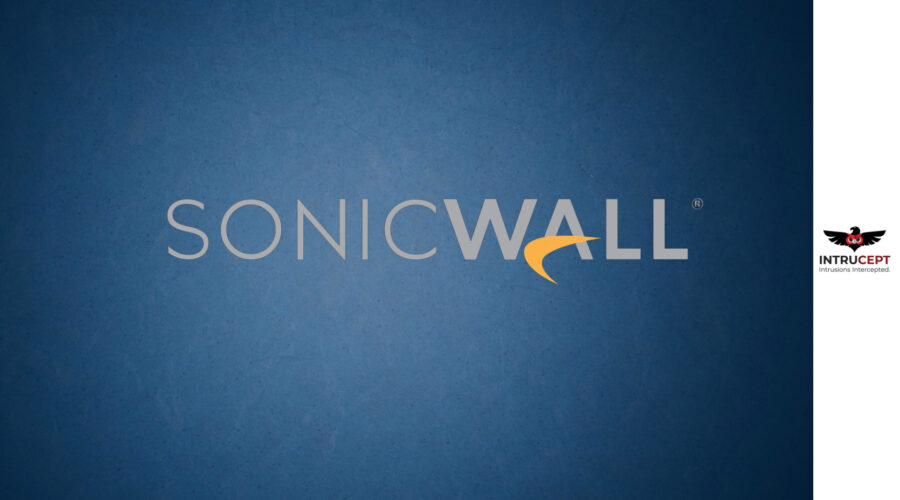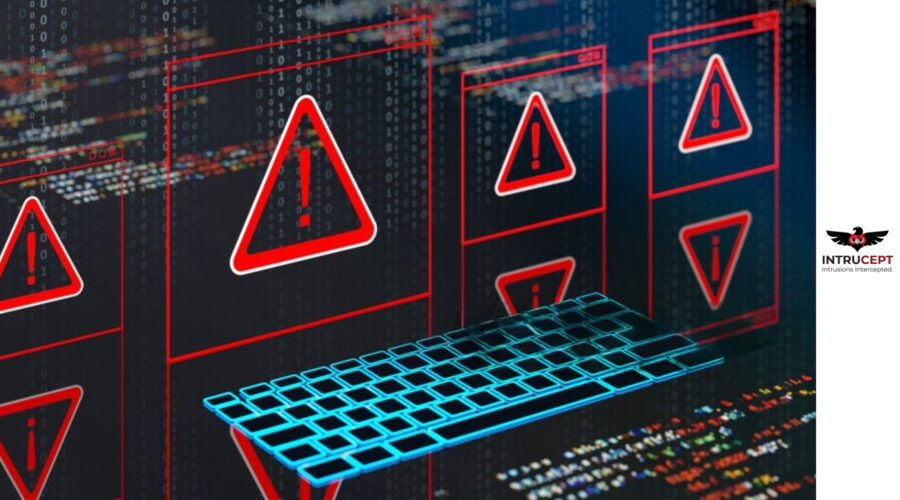Codefinger Ransomware attack encrypts Amazon S3 buckets
- Ransomware crew dubbed Codefinger targets AWS S3 buckets
- Sets data-destruct timer for 7 days
- Threat actors demand for Ransom payment made for the symmetric AES-256 keys required to decrypt it
Amazon S3 buckets encrypted using AWS’s Server-Side Encryption with Customer Provided Keys (SSE-C) and somehow the threat actors knew details of the keys. And this made them demand ransoms to demand the decryption key.
The campaign was discovered by Halcyon , and according to them the threat actors after exploiting the compromised keys, they called the “x-amz-server-side-encryption-customer-algorithm” header and use a locally stored AES-256 encryption key they generate to lock up the victims’ files. There is great chance that more cyber criminal groups can adopt the tactic and use.
The threat actor looks for keys with permissions to write and read S3 objects (s3:GetObject and s3:PutObject requests), and then launches the encryption process by calling the SSE-C algorithm, utilizing a locally generated and stored AES-256 encryption key.
“It is important to note that this attack does not require the exploitation of any AWS vulnerability but instead relies on the threat actor first obtaining an AWS customer’s account credentials,” Halcyon notes.
According to Halcyon, because the attack relies on AWS’s infrastructure for encryption, it is impossible to recover the encrypted data without the symmetric AES-256 keys required to decrypt it. Halcyon reported its findings to Amazon, and the cloud services provider told them that they do their best to promptly notify customers who have had their keys exposed so they can take immediate action.
In recent month hackers and cyber criminal have gained traction In recent months and have begun targeting their product gateways and find ways to extort customers using it.
Unlike traditional ransomware that encrypts files locally, this attack operates directly within the AWS environment, exploiting the inherent security of SSE-C to render data irretrievable without the attacker’s decryption keys says Halcyon team.
Ransomware capabilities gain new tactics where the threat actor first obtains an AWS customer’s account credentials and there is no know method that data can be recovered without paying the ransom.
As per AWS they encourage customers to utilize their security tools, such as IAM roles, Identity Center and Secrets Manager, to minimize credential exposure and improve defense postures.
Sources:
https://www.theregister.com/2025/01/13/ransomware_crew_abuses_compromised_aws/
www.Bleeping computers.com




